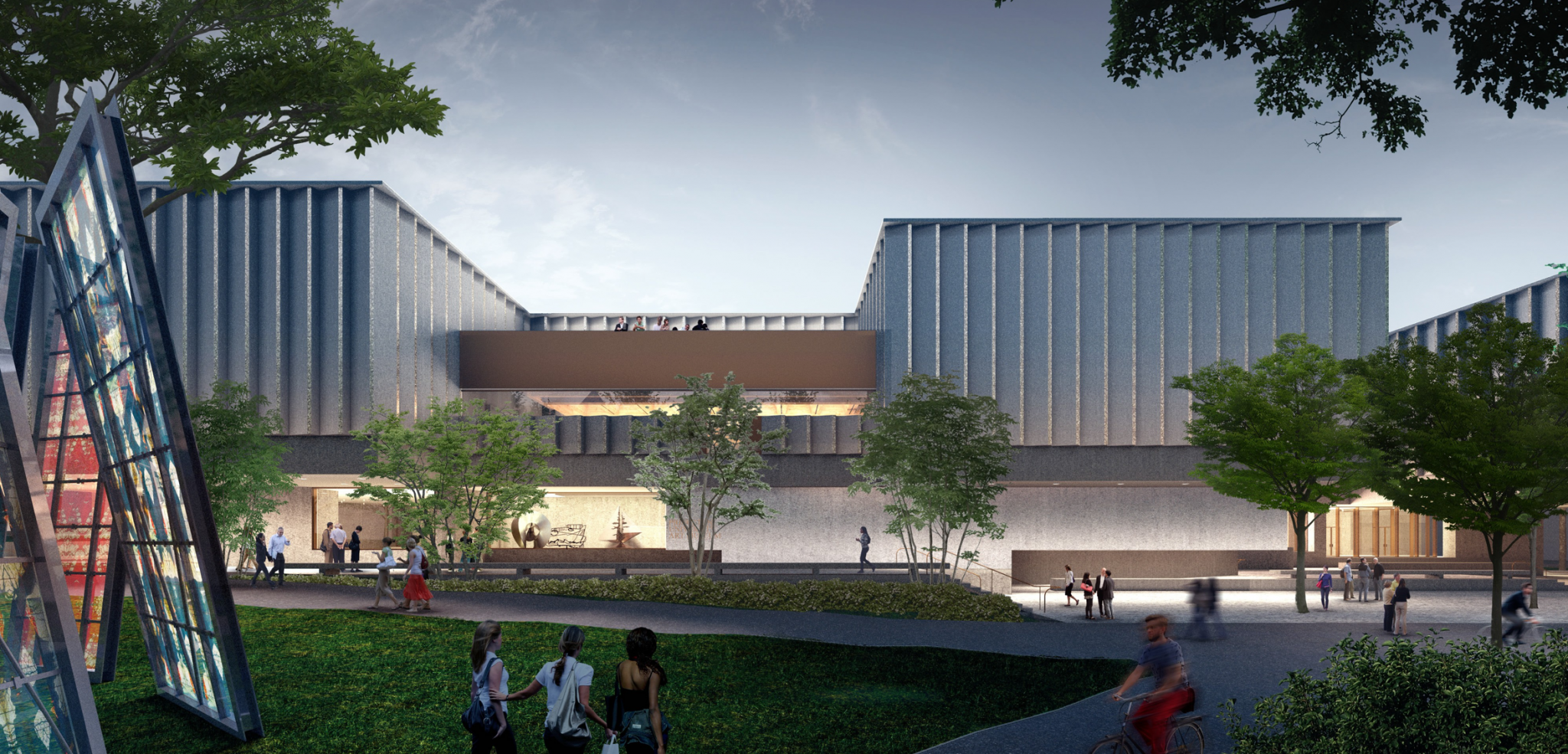One year ago, we abruptly closed the galleries of the Princeton University Art Museum as the public health crisis of COVID-19 emerged ominously and dramatically around the globe. Twelve months later, they remain closed.
The days leading up to closure were confusing and even frightening. Retailers closed, posting notices that they would reopen in two weeks. It wasn’t possible to buy hand sanitizer or masks. Museum staff rushed to document as much as we could in the museum, not knowing how long the disruption might endure and how many ways we might need to use the new content we were shaping.
In the year that has followed, two forces seem to have faced off in opposition: On one side, the ambiguous, dark shadow of the global health crisis; on the other, the collective resolve across the museum staff to continue to fulfill our institutional mission no matter the circumstances. At last, of course, there is good news, as hospitalizations fall, vaccinations increase, and our resolve endures. I have never been prouder of the team I lead than in these past months.
One year on, we continue to build on the lessons learned, including the silver lining of reaching robust international audiences for so many of our digital programs. How thrilling that in September nearly 7,000 people joined us for the reveal of Sir David Adjaye’s designs for the new museum. How equally thrilling that almost every week as many as 900 join us online for Thursday evening drawing classes. And how gratifying that during this time we’ve been able to grow our membership numbers by more than 500%.
One year ago we thought we were already counting down the days to closing the current museum facility in order to remove the collections and undertake construction. Instead, we had only days, if not hours, to count down in the face of crisis. Sadly, even as our digital programs have been astonishingly robust (our first digital blockbuster took place on April 2, 2020), it did not prove possible to reopen our galleries.
I write today to confirm your suspicions that COVID-driven closure has now given way to construction-driven closure. The galleries you have known and loved will not reopen; unfortunately, saying farewell to them will also have to be a digital experience. But I write you now not only to reflect on the strange and difficult year past but also to look to the future. The making of our new museum continues apace, and I am delighted to report that the Princeton municipal planning board voted unanimously on March 4 to approve our project, clearing the way for construction to begin this summer.
Thus, in addition to what you can experience on our website and via your Zoom screens, or in the shopfront windows of downtown Princeton and the Princeton Shopping Center (where our Art for the Streets project continues), we are as busy behind the scenes as can be —emptying the galleries, building a temporary art conservation lab, preparing to move our offices, and so much more. Digital programming will continue — I don’t think we want to put that genie back in the bottle, at least not entirely — but so, as conditions allow, will other activities that put you back into contact with the thing itself, with great works of art. Art@Bainbridge will reopen, public programs will take place across our campus and around our region, and who knows, we might find unexpected spaces in which to make art a vital part of your everyday life, even during the years of construction.
James Christen Steward
Nancy A. Nasher—David J. Haemisegger, Class of 1976
Director
Princeton University Art Museum
Princeton

